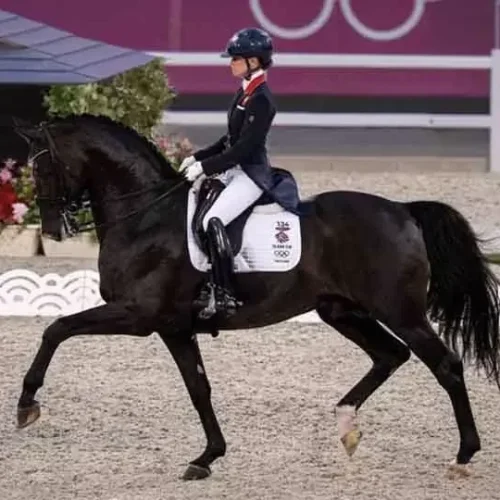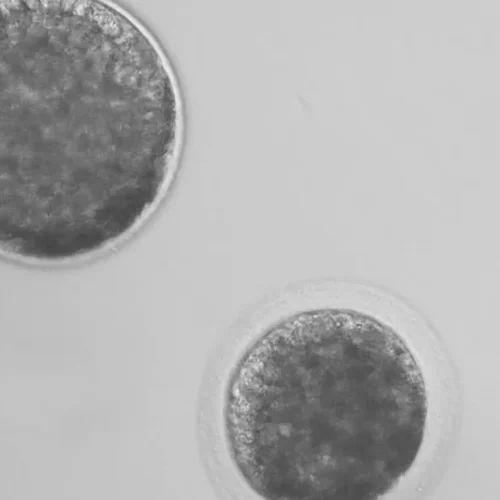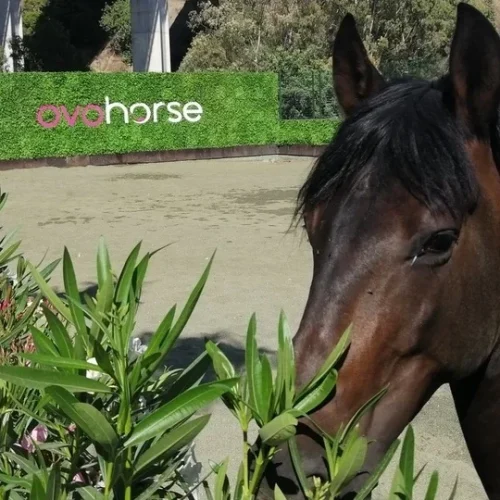The laboratories of Ovohorse, backed by 20 years of experience in assisted reproduction, make it possible to carry out all the necessary techniques for the in vitro production of embryos from donor mares with the best genetics. However, embryo production is only the first step. These embryos will then be transferred to recipient mares, who play a key role, as they will be responsible for carrying the future foals with the desired genetics. Therefore, it is essential that these mares meet a series of requirements.
Embryo transfer is a technique commonly used to obtain offspring from an exceptional mare, either for her talent in a particular discipline or sport and a brilliant athletic career, or because she has reproductive or health issues. Thanks to this technique, the risks associated with pregnancy, birth, and postpartum can be avoided for the donor mares (biological mothers).
There are two types of embryo transfer (ET): flushed embryos and ICSI embryos. The former are generated naturally in the donor mare’s body after insemination. These transfers are done “blind” since around day 7, it’s still not possible to detect these embryos via ultrasound, and several recipient mares need to be synchronized. However, with ICSI in vitro embryos, the embryo is already available and can be transferred at the optimal time.
But the success of the transfer also depends on the recipient mares, as the better they are, the higher the implantation rate. Moreover, their well-being before, during, and after foaling is very important, as they are responsible for gestating, giving birth to, and raising the foals.
It’s also important that the mare has a good temperament. If she has a difficult character, complications may arise from the embryo transfer process itself, and she might even pass on part of her temperament to the offspring.
Characteristics of the Ideal Recipient Mare
- They should be young mares, ideally between 3 and 12 years old.
- Be in perfect health and physical condition.
- Similar size to the donor, to ensure there is enough space for the foal to develop and to prevent abnormalities during pregnancy or birth.
- In some cases, recipient mares must be of the same breed as the expected foal, such as in PRE -Pura Raza Español- horses.
- Have normal estrous cycles.
- Not have reproductive problems or abnormalities in the uterus or ovaries.
- A uterine culture is suggested to rule out issues such as infections.
- Have foaled at least once, to ensure good milk production and maternal instinct.
- With a good temperament, as this can affect not only handling but also the foal’s behavior.
- Choose the best day to transfer the embryo. In the case of ICSI embryos, transfer is recommended on day +4 post-ovulation.
- And most importantly: She should be as calm as possible, since stress is the enemy of early pregnancies.






